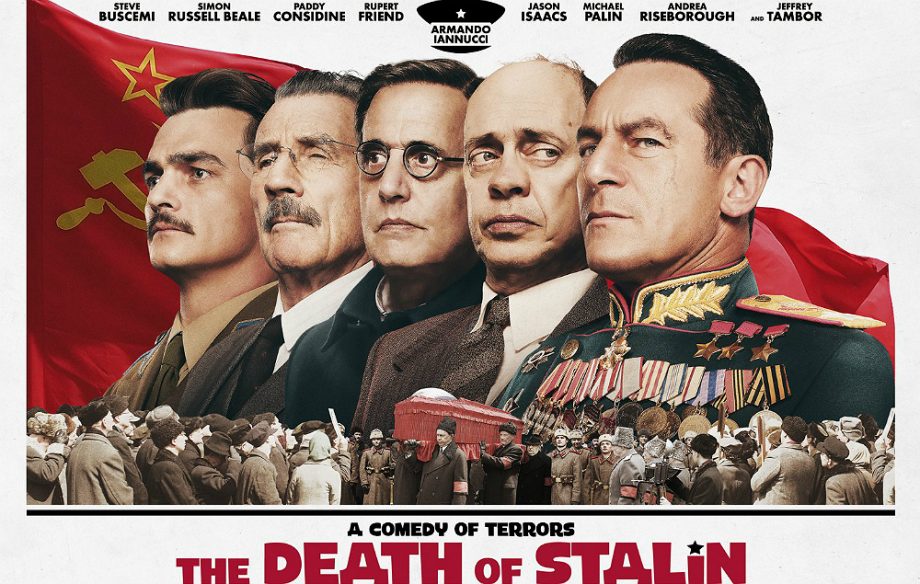
Russia’s March 2018 presidential election is not expected to dramatically change the country’s political landscape, as Vladimir Putin’s reelection is virtually assured, says Andrei Kolesnikov, Senior Fellow and Chair in the Russian Domestic Politics and Political Institutions Program at Carnegie’s Moscow Center. Yet the electoral campaign remains a useful point of departure for surveying the core features of the political system he has built and the growing long-term difficulties of maintaining this stagnant status quo, he writes.
 Russia has yet to recover from the trauma of the Stalin era, says analyst Sergey Parkhomenko. Earlier this year the Russian ministry of culture banned the satirical film The Death of Stalin,* supposedly because it contained “information whose dissemination is prohibited by law”. Four years ago, I decided to do something about this. I went to the Moscow offices of the human rights organisation Memorial (right) with an idea: let’s launch a new civic movement, he writes for The Guardian:
Russia has yet to recover from the trauma of the Stalin era, says analyst Sergey Parkhomenko. Earlier this year the Russian ministry of culture banned the satirical film The Death of Stalin,* supposedly because it contained “information whose dissemination is prohibited by law”. Four years ago, I decided to do something about this. I went to the Moscow offices of the human rights organisation Memorial (right) with an idea: let’s launch a new civic movement, he writes for The Guardian:
I was inspired by an initiative that had started in Germany in the 1990s, the Stolpersteine project. Stolpersteine (stumbling blocks) are brass plaques the size of a cobblestone laid into the pavements of German towns and cities, outside the houses where the victims of Nazi atrocities had lived. Each plaque bears the name of the victim as well as the place of their birth and death, where known. Since then, more than 50,000 Stolpersteine have been laid in about 700 towns and cities, across 22 European countries.
Newer studies reveal modern Russia not as some dramatic exception to the European Community of nations, notes Daniel Rowland, professor emeritus of Russian history at the University of Kentucky. Instead, Russia is much like the United States — an outlier with some admittedly dramatic differences from her Western neighbors, but with a great deal in common, he writes for The Washington Post’s Monkey Cage:
There is a Russian as well as an American exceptionalism, for example, based on a common early modern view that each was a New Israel, a successor to the Old Testament Israel. The most important audience for this news is, of course, the Russian public. But we in the West should also know that authoritarian rule is not Russia’s inevitable destiny. RTWT
*IFC Films invites you and a guest
to a special sneak screening of
THE DEATH OF STALIN
Thursday, March 15, 2018
7:30 PM
Landmark E Street Cinema
555 11 St NW, Washington DC 20004
The screening will be followed by a Q&A with writer and director Armando Iannucci
Please RSVP via this link: https://deathofstalin.splashthat.com/
For questions, contact: DoSscreening@gpg.com







